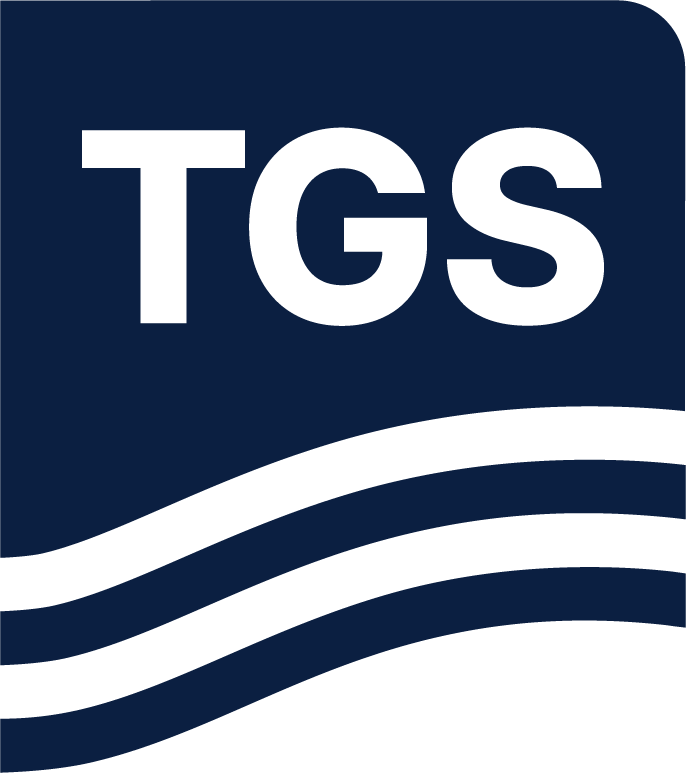The history of deep-sea mining is rich with tales of international subterfuge, espionage and growing alarm at the imbalance of global access to critical metals and rare-earth elements increasingly...
Technical Library
Seismic Data, Processing, Technology, Well Data Reports and Industry and Trade Publication Features, from the Experts at TGS
Sort by Date
- November 2024 (1)
- October 2024 (2)
- August 2024 (15)
- June 2024 (13)
- May 2024 (21)
- April 2024 (1)
- March 2024 (1)
- February 2024 (1)
- December 2023 (1)
- November 2023 (2)
- October 2023 (1)
- September 2023 (1)
- August 2023 (20)
- July 2023 (2)
- June 2023 (5)
- May 2023 (12)
- April 2023 (1)
- March 2023 (2)
- February 2023 (1)
- January 2023 (1)
- December 2022 (3)
- November 2022 (1)
- October 2022 (12)
- September 2022 (4)
- August 2022 (12)
- July 2022 (1)
- June 2022 (3)
- May 2022 (15)
- April 2022 (1)
- December 2021 (1)
- November 2021 (4)
- October 2021 (1)
- September 2021 (12)
- August 2021 (10)
- July 2021 (1)
- June 2021 (4)
- May 2021 (4)
- February 2021 (3)
- December 2020 (2)
- November 2020 (28)
- October 2020 (1)
- September 2020 (13)
- August 2020 (3)
- July 2020 (2)
- June 2020 (3)
- May 2020 (2)
- April 2020 (1)
- March 2020 (3)
- February 2020 (3)
- January 2020 (2)
- December 2019 (3)
- November 2019 (2)
- October 2019 (3)
- September 2019 (46)
- August 2019 (4)
- July 2019 (1)
- June 2019 (32)
- May 2019 (5)
- April 2019 (14)
- March 2019 (3)
- February 2019 (4)
- December 2018 (4)
- November 2018 (3)
- October 2018 (16)
- September 2018 (1)
- August 2018 (11)
- July 2018 (4)
- June 2018 (17)
- May 2018 (4)
- April 2018 (1)
- February 2018 (1)
- January 2018 (1)
- December 2017 (1)
- October 2017 (3)
- September 2017 (25)
- August 2017 (17)
- July 2017 (4)
- June 2017 (31)
- May 2017 (6)
- April 2017 (1)
- March 2017 (2)
- February 2017 (2)
- January 2017 (2)
- December 2016 (3)
- November 2016 (1)
- October 2016 (1)
- September 2016 (24)
- August 2016 (2)
- June 2016 (3)
- May 2016 (18)
- March 2016 (2)
- February 2016 (1)
- January 2016 (2)
- December 2015 (1)
- November 2015 (2)
- October 2015 (21)
- September 2015 (20)
- August 2015 (3)
- July 2015 (1)
Sort by Topic
- SEG (308)
- EAGE (168)
- First Break (104)
- Industry Insights (40)
- GeoExpro (36)
- IMAGE (36)
- The Leading Edge (35)
- GEO ExPro (21)
- Geophysics (19)
- AAPG (12)
- E&P (12)
- GEO Magazine (11)
- TechNote (8)
- PESGB (6)
- Hart Energy (5)
- Oilfield Technology (5)
- URTeC (5)
- Offshore Engineer (4)
- PETEX (4)
- SBGF (4)
- AAPG Explorer (3)
- Geological Society of London Special Publications (3)
- Geophysical Prospecting (3)
- Offshore (3)
- PESA News (3)
- AEGC (2)
- APGCE (2)
- Geophysical Society of Houston (2)
- IPA (2)
- Interpretation (2)
- PESGB/HGS (2)
- Recorder (2)
- World Oil Magazine (2)
- AAPEA Journal (1)
- AI/ML (1)
- AOGR (1)
- ASEG (1)
- E&P (1)
- GeoNova Deepsea Minerals Conference (1)
- Geohorizons (1)
- Patent (1)
- SGBf (1)
- Seismic Profile (1)
PGS in partnership with Agncia Nacional de Petruleo, Gas e Biocobustive is (ANPG) has recently acquired 8,304 sq. km of new multisensor GeoStreamer data over the Kwanza Shelf, 30 km off the central...
Held in Amsterdam on October 17-22, the annual EAGE conference provided a particularly interesting industry forum as the world moves into a lower carbon future. Carbon Capture and Storage (CCS)...
We present an iterative non-linear inversion method to simultaneously estimate both velocity and reflectivity. The core of the inversion workflow is a full acoustic wavefield modeling relation...
Depth imaging in complex geology requires an accurate background model. In this case study, over the Clair field, we make use of high density node data set and Full Waveform Inversion (FWI) with...
Reliable seismic amplitudes are crucial for the estimation of rock properties. In conventional depth imaging, amplitudes and resolution will be influenced by propagation effects in the imaging model....
The Sleipner natural gas field situated in the Norwegian sector of the North Sea is the worlds longest-running industrial-scale CO2 storage project. The CO2 injection commenced in 1996, inserting...
In this paper, we will demonstrate how a novel marine multi-azimuth acquisition solution enabled better illumination below and within complex velocity structures like sand injectites, chalk and...
The acoustic wavefield originating from the seismic vessel itself is generally not treated as acoustic signals in the imaging of marine seismic data, and is typically categorized as ambient noise. If...
The abstract describes a methodology to compute time-varying, depth-dependent water column interval velocity profiles from Ocean bottom seismic data. The objective is to use these profiles to correct...

